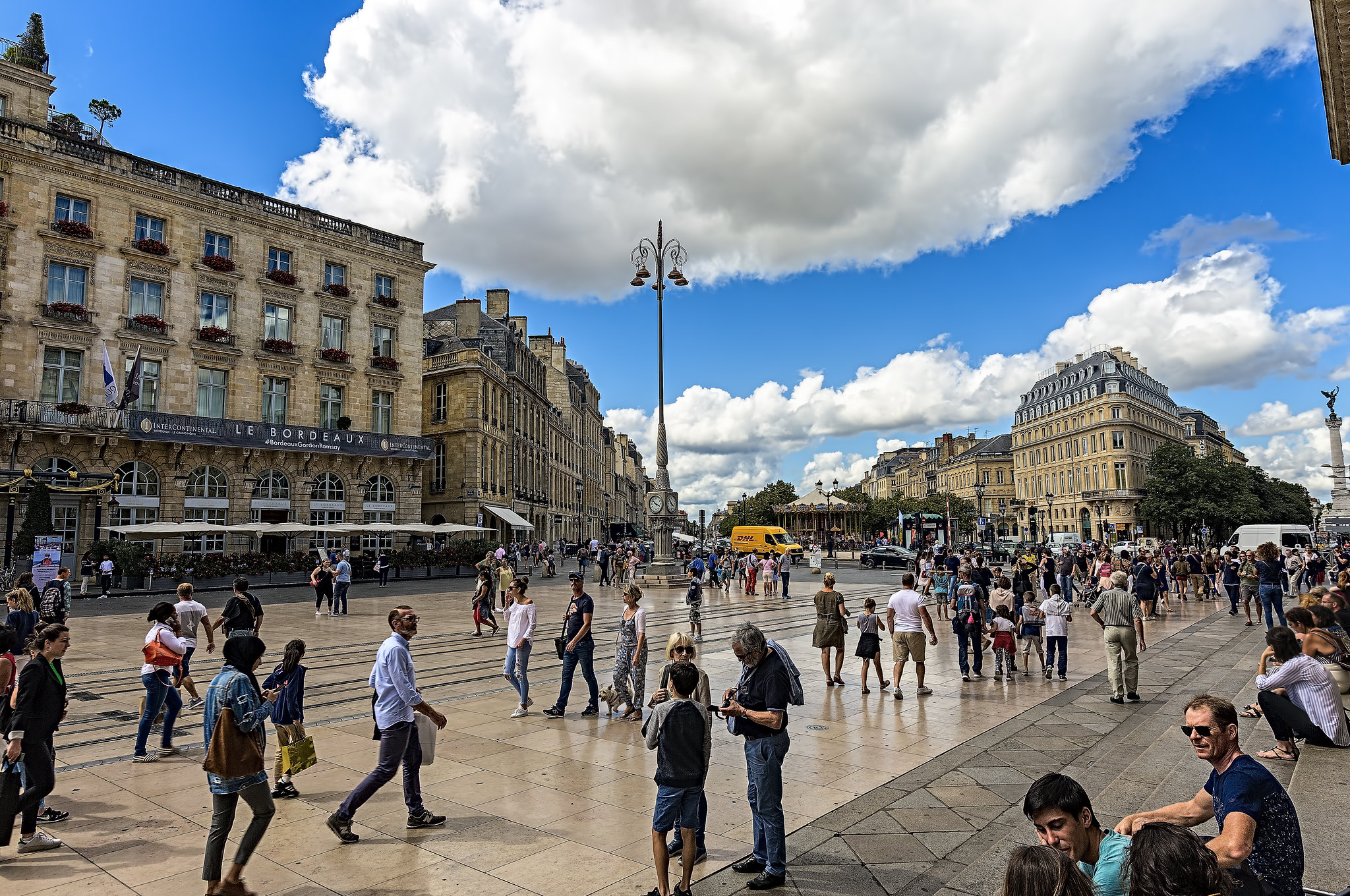Migration
Switching narratives: public opinion towards integration

Migration has a historical pattern that has been transforming the sociopolitical implications of its nature, therefore it is crucial to understand the complexity of its outcome in accordance to how public opinion shapes their process of integration. At the same time, it becomes relevant to recognise that in the last decades, forced displacement is not only being defined by persecution, war or violence, but the rapid tendencies of climate change are starting to define different states of emergency, such as environmental degradation and natural disasters.
The narrative that surrounds refugees and migrants becomes a bottom-line in how it understands the different realities behind their forced mobility situation, nonetheless it is often distorted into a biassed discourse strongly based on disinformation. More than ever, it seems to be proliferating into extremely polarised opinions.
Undoubtedly, an increasing rhetoric of us vs them has been growing hostile borders in the collective agenda, which greatly portrays itself through public opinion and how politics permeates international interests. The global election trends seems to be moving many countries towards the far right, and a strong part of the discourse has been manifesting on populist movements looking for a common scapegoat to larger questions. Hate speech has been transforming the debates into a point of pressure on how public policy should be shaped, and therefore misleading on the factual contexts of its implications in a much broader base.
The presence of refugees and migrants is highlighted as an integration challenge, rather than recognising the potential of their social integration. But the truth is that globalisation keeps on catalysing the process of human mobility, redefining borders and expanding creative economies. Therefore, interconnections should not be disregarded, but rather recognise the authentic potential that can be found in the human capital through innovation, creativity, trade and strengthening of international connections.
However, discrimination, cultural and language barriers, as well as common public misconceptions and rejection are still strong limitations that significantly hinder a real and comprehensive integration, while at the same time considering that a large portion of these groups face gender-based violence. Along with this, having limited access to the labour market greatly forces their social mobility towards informal options and even more considering that, under a fleeing situation, many lack formal identification documents, affecting their access to basic services, such as health and education.
In this sense, it remains relevant that the stigmatisation of such groups also becomes a focus point when talking about a right of integration. Even when, originally, the refugee status was thought to me implemented as a temporary state, it has to be recognised that longer term measures need to also become an elemental part of the response. However, this can be quite risky in a context of domestic polarisation and political hate speech. Then, it is also clear, the commitment remains on a tightrope, as it is quite challenging to bet for development and integration while also responding to urgent humanitarian needs under weak arguments that can generally not be well supported by the public opinion.
Still, it remains largely disregarded to discuss win-win scenarios, where through cooperation and dialogue, new opportunities for migrants and refugees can create impactful effects. In this sense, not only are these groups benefited, but also host and sending nations. To instead switch the narrative of natural processes of human mobility as an opportunity to invest in human capital, opens the doors to welcome skilled workers for complementarity to the local labour force, promote formal entrepreneurships to keep on developing diverse markets, fostering trade, investment and remittance flows and also advocate for the transfer of knowledge amongst intercultural diaspora (Borjas, 1987).
Then, it becomes evident that a compromise should greatly rely on a shared global agenda that transforms the traditional discourse amongst the public biassed assessments. Forced displacement is a reality and the dialogue around it must be reconstructed into accepting the true value that this form of integration may bring into the table. In this case, it's not only a matter of shifting the focus of public opinion, but also of how countries recognise their role in creating incentives capable of promoting these trade connections and investment opportunities.
Without a doubt, forced displacements have always been an urgent matter of Human Rights. However, with enough experience, the growing of intercultural and globalised transnational connections and the recognition that migrant fluxes can be an area of opportunity rather than a challenge, misinformation cannot remain central on how public opinion is formed and therefore how it affects public policy and routes of action. In the face of unpredictable circumstances, and under pressure of socio-political threats where alternatives to survival seem limited, moving across borders is an inherent consequence. Then, new areas of opportunity should be envisioned on how such a natural phenomenon of migration can actually represent undisclosed potential.
